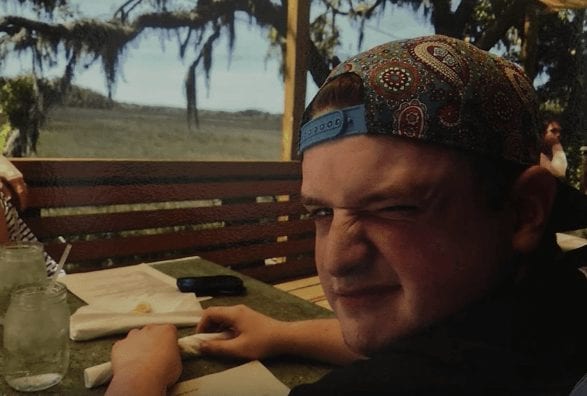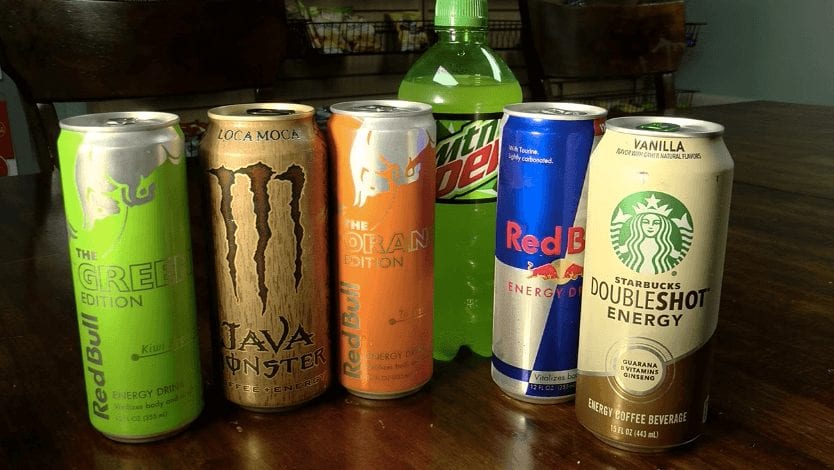Caffeine is everywhere these days. If the global success of Starbucks isn’t enough to validate how easily accessible, and seemingly necessary, caffeine is, I don’t know what will.
Unfortunately, the natural stimulant that many rely on to get them through the day is also what led to 16-year-old Davis Allen Cripe’s death.

The real kicker is not that caffeine killed the teen, but rather how little of the stimulant it took to throw him into arrhythmia—or an irregular heartbeat.
Richland County, South Carolina, coroner Gary Watts determined that in the hours leading up to his death, Davis consumed a large diet Mountain Dew, a cafe latte from McDonald’s and an unknown energy drink within a two-hour period.
“These drinks can be very dangerous,” Gary said. “I’m telling my friends and family don’t drink them.”
He also said that according to autopsy reports, there was no indication of a pre-existing, undiagnosed heart condition.
The scenario is devastating for Davis’ family, who says he was a teen who went out of his way to avoid drugs and alcohol, and yet, a different type of overdose led to his death. They now hope their son’s tragedy can save the lives of others who similarly have underestimated the danger of these seemingly harmless beverages.
It’s a wake-up call for those of us who consume caffeine on a daily basis. It’s not uncommon for many to drink one to three cups of coffee each day. In addition to that, a coke at lunch, or an energy boost in the afternoon is usual for many.

The Food and Drug Administration says that caffeine in doses up to 400mg (about five cups of coffee) per day is generally safe. Yet Davis consumed a soda that had an estimated 90mg of caffeine, a latte, which generally has a reported 55mg of caffeine, and an energy drink which was not identified—but for the sake of comparison, an 8.2 oz Red Bull has 80mg of caffeine in it. All that to say, Davis consumed well-below the FDA’s “safe” parameters of caffeine consumption.
“The purpose here today is not to slam Mountain Dew, not to slam cafe lattes, or energy drinks. But what we want to do is to make people understand that these drinks—this amount of caffeine, how it’s ingested, can have dire consequences. And that’s what happened in this case,” Gary explained.
His plea, and that of Davis’ family, is that other parents would talk to their kids about the dangers of caffeine. It’s in the things that are so easily available to them—vending machines, drive-thrus and concession stands.
“Davis, like so many other kids and so many other people out there today,” Gary said, “were doing something that they thought was totally harmless, and that was ingesting lots of caffeine.”
“I stand before you as a broken-hearted father, and hope that something good can come from this,” added Davis’ father, Sean, in a tearful statement.

“Parents, please talk to your kids about the dangers of these energy drinks, and teenagers and students, please stop buying them. There’s no reason to consume them. They can be very dangerous.”
Please Share Davis’ story in hopes that his tragic ending may encourage others to consume caffeine more safely—because a quick energy boost isn’t worth your life.
